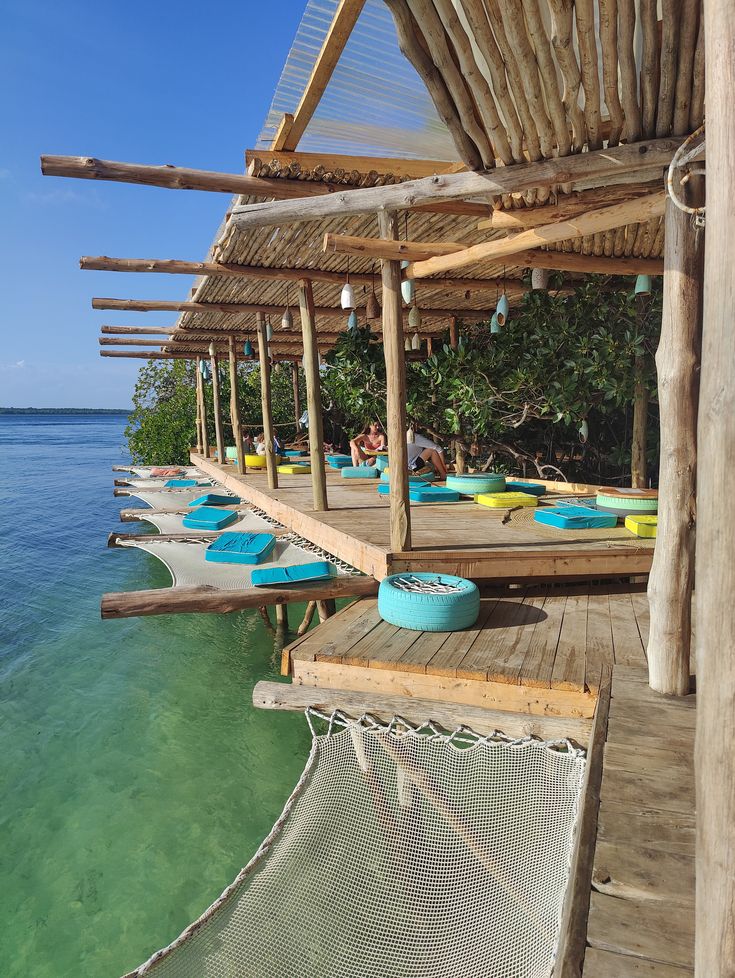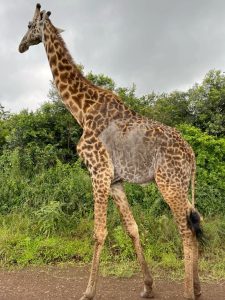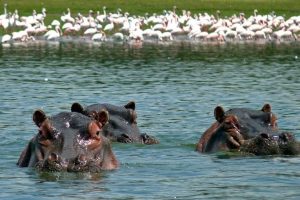Watamu: A Hidden Paradise on Kenya’s Coastline
Nestled along Kenya’s stunning Indian Ocean coastline, Watamu is a tropical paradise known for its pristine beaches, turquoise waters, and rich marine life. This small coastal village, located about 105 kilometers north of Mombasa and 15 kilometers south of Malindi, is a haven for nature enthusiasts, beach lovers, and those seeking tranquility.
In this blog, we’ll explore the beauty of Watamu, its attractions, activities, and why it’s a must-visit destination for your next coastal getaway.
A Glimpse of Watamu
Watamu, meaning “sweet people” in Swahili, lives up to its name with its welcoming locals and laid-back atmosphere. The village is part of the larger Kilifi County and is set against a backdrop of lush tropical forests, soft sandy beaches, and coral reefs.
It’s not just the natural beauty that makes Watamu special—it’s also its role as a conservation hub, with organizations working to protect marine and terrestrial ecosystems.
Top Attractions in Watamu
Watamu offers a mix of natural wonders, cultural experiences, and wildlife encounters. Here are the top attractions to explore:
1. Watamu Marine National Park and Reserve
Watamu Marine National Park is a jewel of the Kenyan coast, boasting crystal-clear waters and vibrant coral reefs. Established in 1968, it is one of Africa’s oldest marine parks and is managed by the Kenya Wildlife Service.
- Snorkeling and Diving: The park is a haven for snorkeling and scuba diving, with over 600 species of fish, colorful coral gardens, and other marine life such as sea turtles, dolphins, and occasionally whale sharks.
- Glass-Bottom Boat Tours: For non-swimmers, glass-bottom boat tours offer a glimpse into the underwater world.
2. Watamu Beach
The soft white sands and calm waters of Watamu Beach are perfect for sunbathing, swimming, and beachcombing. The coastline is dotted with small coves and bays, providing a sense of seclusion and serenity.
3. Arabuko Sokoke Forest Reserve
Located near Watamu, Arabuko Sokoke Forest is the largest coastal forest in East Africa. It’s a biodiversity hotspot, home to rare bird species like the Sokoke Scops Owl and endemic mammals such as the golden-rumped elephant shrew.
- Birdwatching: The forest is a paradise for bird enthusiasts.
- Nature Walks: Guided nature walks offer insights into the unique flora and fauna of the forest.
4. Mida Creek
This tidal inlet is a biodiverse ecosystem featuring mangroves, mudflats, and channels. It’s an important feeding and nesting area for migratory birds, such as flamingos and kingfishers.
- Kayaking and Canoeing: Paddle through the mangroves to explore the creek’s hidden corners.
- Boardwalk Experience: The suspended boardwalk offers stunning views and is a great spot for birdwatching.
5. Gede Ruins
The Gede Ruins are the remains of a 12th-century Swahili town, offering a glimpse into the region’s rich history. Archaeologists have unearthed evidence of advanced architecture and trade with distant lands, including China and the Middle East.
- Guided Tours: Knowledgeable guides bring the history of Gede to life with fascinating stories and details.
- Museum: The on-site museum displays artifacts like pottery, coins, and tools found at the site.
Activities in Watamu
Watamu is an adventure lover’s dream. Here are some activities to enjoy during your visit:
- Deep-Sea Fishing: Watamu is one of Kenya’s top spots for sport fishing, particularly for sailfish, marlin, and tuna.
- Kite Surfing and Windsurfing: The warm waters and coastal breezes make it an ideal location for water sports.
- Turtle Watching: Join the Local Ocean Trust, a conservation organization, for turtle releases and learn about efforts to protect these marine creatures.
- Sunset Cruises: End your day with a sunset dhow cruise, soaking in the beauty of the coastline as the sun dips below the horizon.
Cultural and Culinary Experiences
Watamu’s culture is a blend of Swahili, Arab, and coastal traditions. Visitors can immerse themselves in local life by exploring markets, interacting with villagers, and sampling delicious coastal cuisine.
- Seafood Delicacies: Fresh seafood is a highlight in Watamu, with dishes like grilled lobster, coconut fish curry, and prawns.
- Swahili Dishes: Enjoy classic Swahili meals such as biryani, pilau, and mahamri (sweet fried bread).
- Cultural Tours: Learn about Swahili traditions and the village’s history by participating in guided cultural tours.
Where to Stay
Watamu offers accommodations ranging from luxury resorts to budget-friendly guesthouses. Some popular options include:
- Luxury Resorts: Turtle Bay Beach Club, Medina Palms, and Hemingways Watamu.
- Mid-Range Lodges: Ocean Sports Resort and Watamu Treehouse.
- Budget Options: Hostels and homestays for backpackers.
Best Time to Visit Watamu
The best time to visit is during the dry seasons:
- January to March: Ideal for diving and snorkeling due to clear waters.
- July to October: Perfect for birdwatching and wildlife encounters.
Avoid the heavy rains in April and May, as they may limit outdoor activities.
Conservation Efforts
Watamu is at the forefront of marine and wildlife conservation. Organizations such as the Local Ocean Trust work tirelessly to protect endangered species and ecosystems. Their projects include sea turtle conservation, coral reef monitoring, and community education. Visitors can support these efforts by participating in eco-friendly activities and donating to conservation programs.
How to Get to Watamu
- By Air: Fly to Malindi Airport, which is a 20-minute drive from Watamu.
- By Road: It is accessible via the Mombasa-Malindi highway, with private transfers or buses available from Mombasa or Nairobi.
Conclusion: Watamu Awaits You
It is a slice of paradise where natural beauty meets conservation and culture. Whether you’re lounging on its pristine beaches, exploring coral reefs, or walking through ancient ruins, Watamu promises a unique and unforgettable experience.
Plan your visit to Watamu and discover why this coastal gem is one of Kenya’s best-kept secrets.




